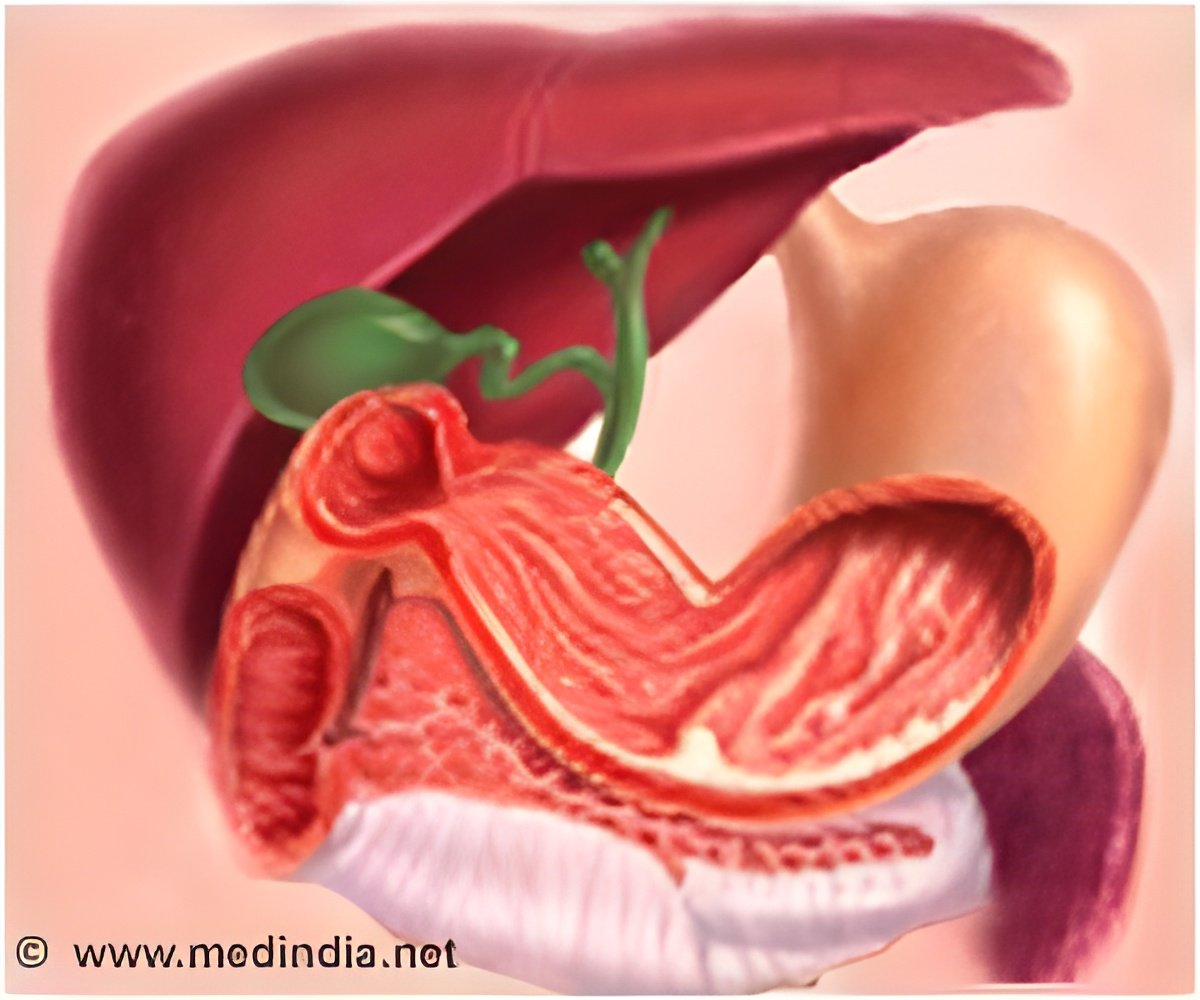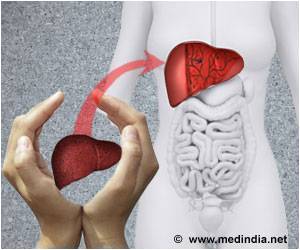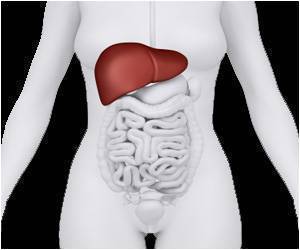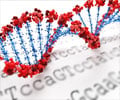Aaron Higgins from Glasgow is just four years old but is having a miserable time with uncontrollable itching. He itches so badly till he bleeds.

Doctors have said that he needs to undergo a liver transplant. He will be medically evaluated next month to check his suitability for the surgery.
Though the liver transplant may not offer a complete cure for his condition, at least it will put an end to the itching.
Alagille syndrome is an inherited disease in which the patient has fewer than the normal number of bile ducts leading to increased concentration of bile acids in the liver which induce damage to the liver cells. Jaundice, severe itching and growth problems are caused by the liver failure. Approximately 75% of the children diagnosed with Alagille syndrome live to 20 years of age; deaths most often is caused by liver failure or heart complications.
Source-Medindia
 MEDINDIA
MEDINDIA



 Email
Email






